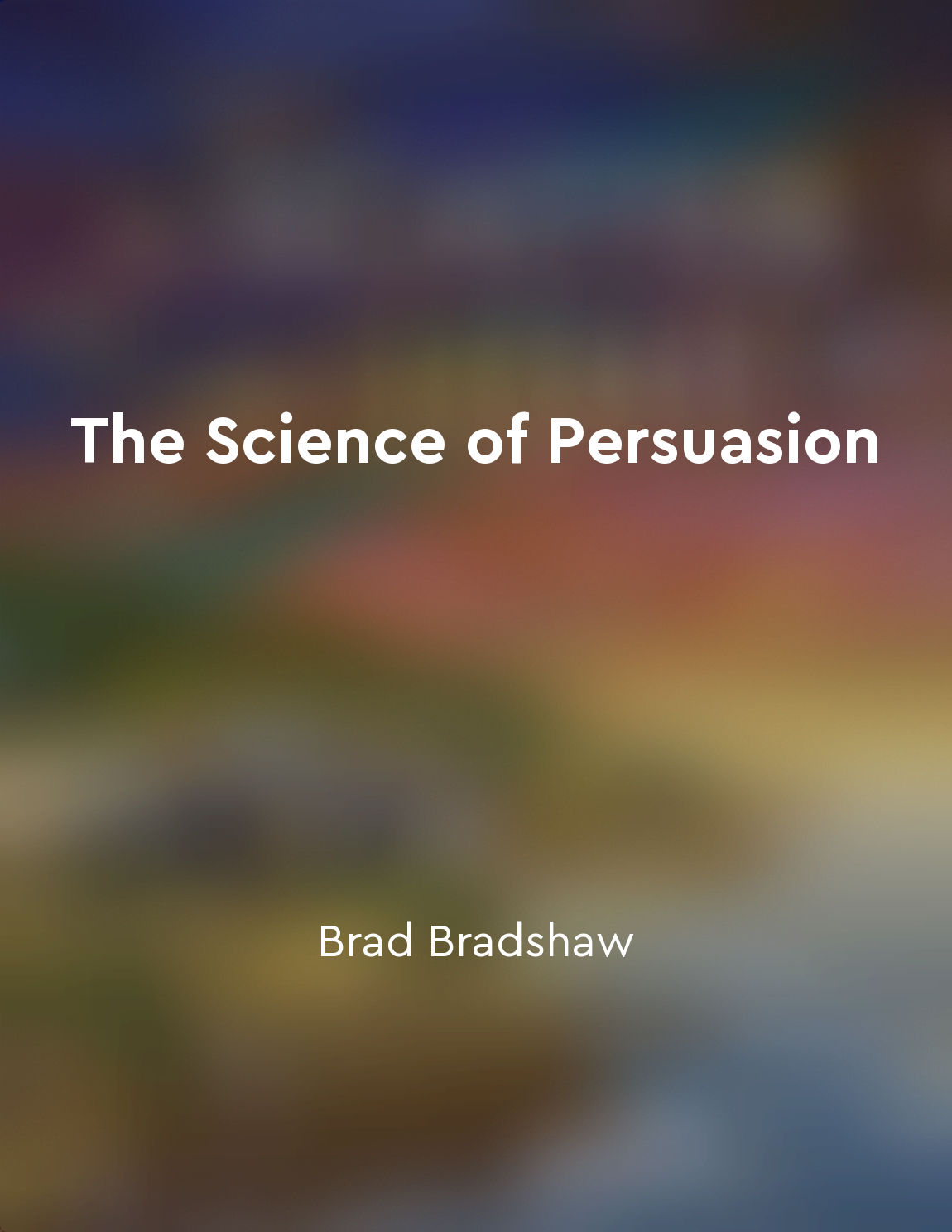Audio available in app
The neocortex is responsible for rational thinking from "summary" of O Código da Persuasão by Christophe Morin,Patrick Renvoise
The neocortex, often referred to as the "thinking brain," is the part of our brain that is responsible for rational thinking. This is where we process information, analyze data, and make logical decisions. It is the seat of our conscious mind, where we engage in critical thinking and problem-solving. When we are presented with facts, figures, and logical arguments, it is our neocortex that kicks into gear to weigh the evidence and come to a reasoned conclusion. The neocortex is the newest part of our brain in terms of evolution, and it is what sets humans apart from other animals. It allows us to think abstractly, plan for the future, and consider the consequences of our actions. When we are presented with a persuasive argument, it is our neocortex that we rely on to evaluate the information and make an informed decision. Without the neocortex, we would be driven solely by our emotions and instincts, which can often lead us astray. In cont...Similar Posts

Empathy fosters connections
Empathy is a powerful tool that can help us build strong connections with others. When we take the time to truly understand ano...
Understand the needs and wants of your audience
To be persuasive, you must first understand the needs and wants of your audience. This means taking the time to really get to k...
Create compelling arguments through storytelling
To persuade someone, it is crucial to present compelling arguments that captivate their attention and resonate with them on an ...
Develop empathy towards others
Empathy is a crucial skill when it comes to influencing people and getting what you want. It involves putting yourself in someo...

Using visuals can enhance persuasive messages
When it comes to persuading others, visuals can be a powerful tool. Research has shown that people are more likely to be persua...
Recognizing cultural differences is important
An essential aspect of effective communication is recognizing cultural differences. Cultural diversity is a reality in today's ...
Constantly evaluate and refine your framing strategies to achieve maximum impact
To effectively communicate your message and persuade others, you must constantly assess and improve your framing strategies. Yo...
Understanding others is key to persuasion
To be persuasive, you must first seek to understand the other person. This understanding is the foundation upon which all succe...

Emotional regulation can prevent hasty decisions
When faced with a decision, our emotions can often cloud our judgment and lead us to make hasty choices. This is because our em...
Metaphors can make it easier to understand and remember information
Metaphors have a remarkable ability to simplify complex information and make it more accessible to our minds. By comparing abst...
